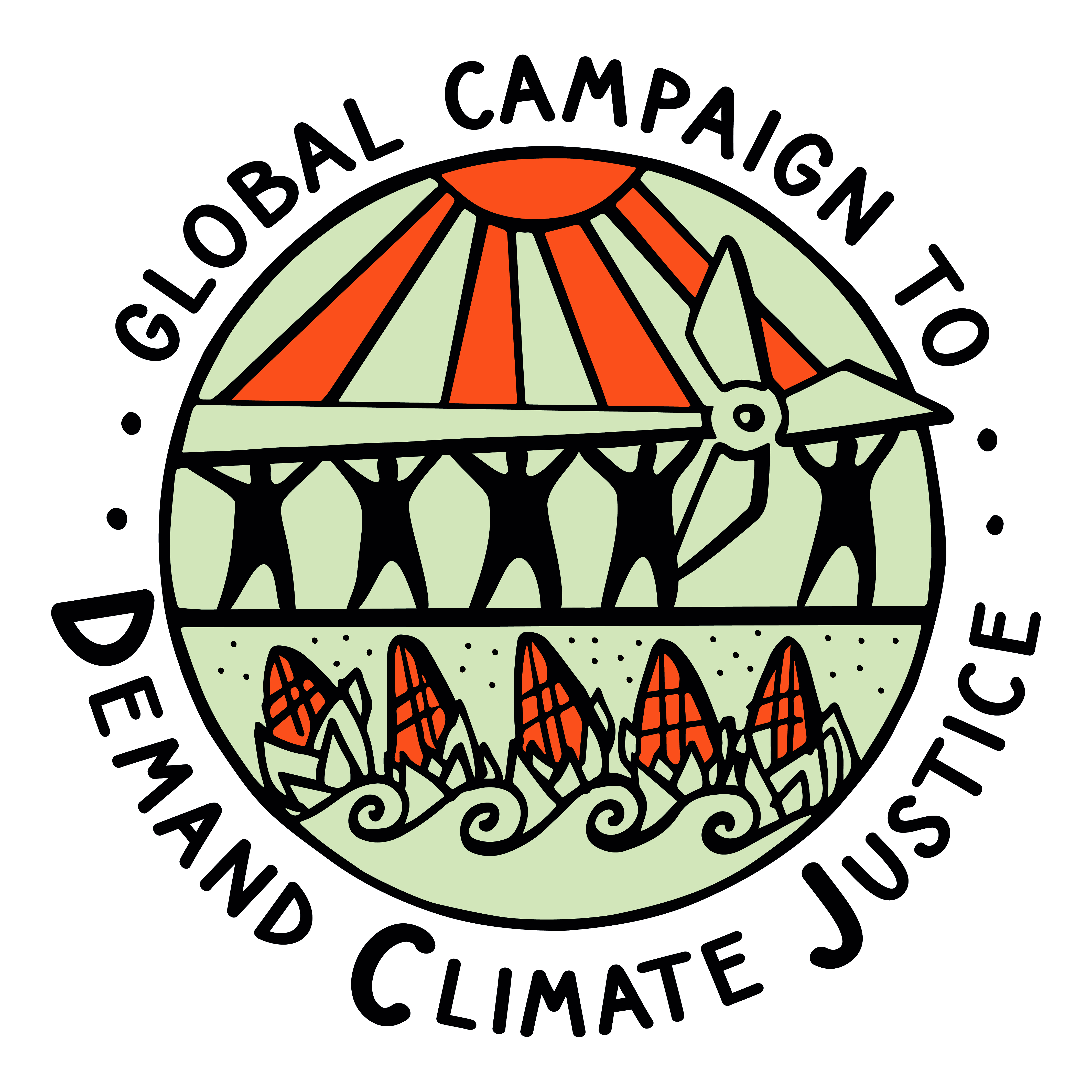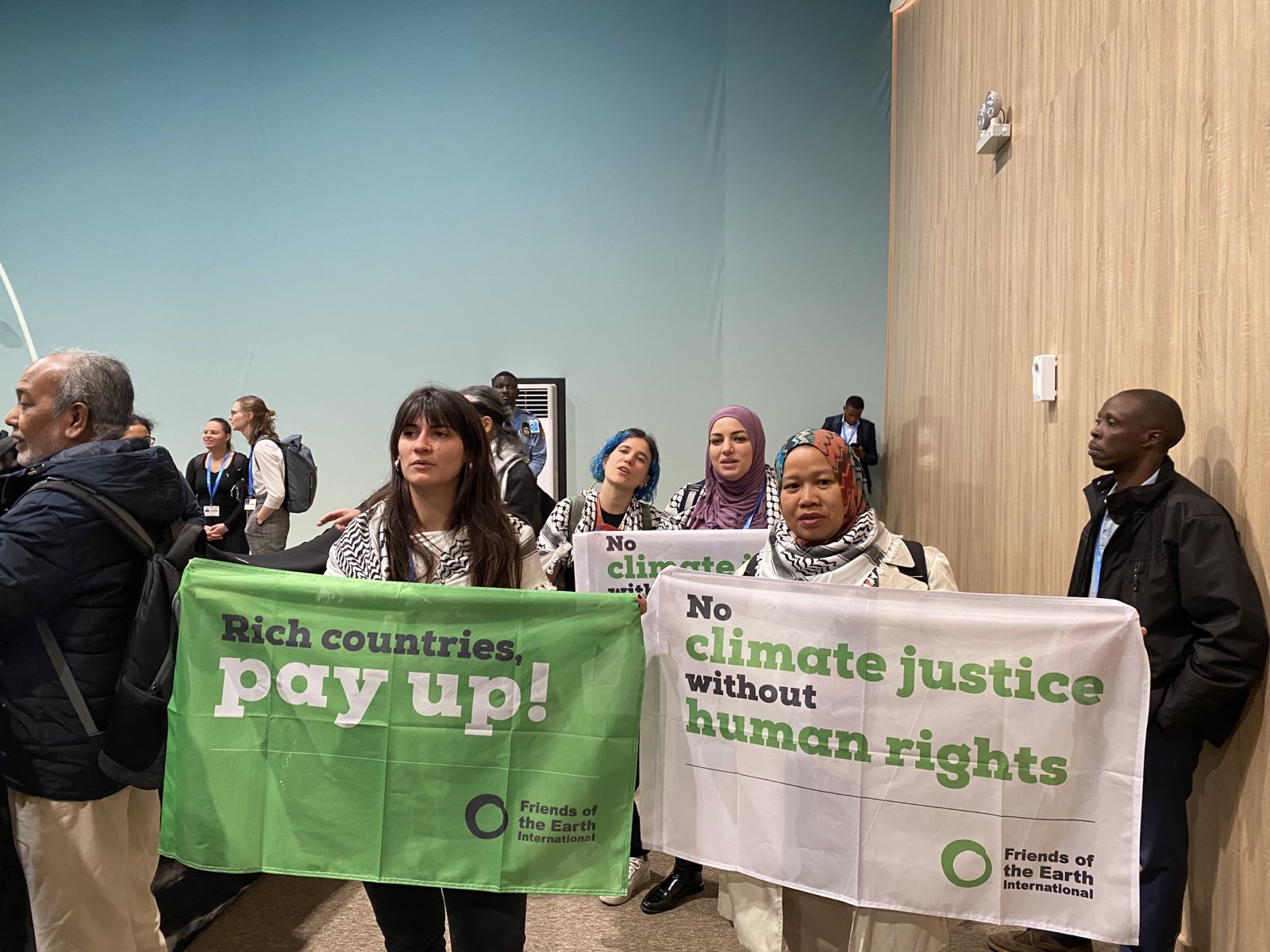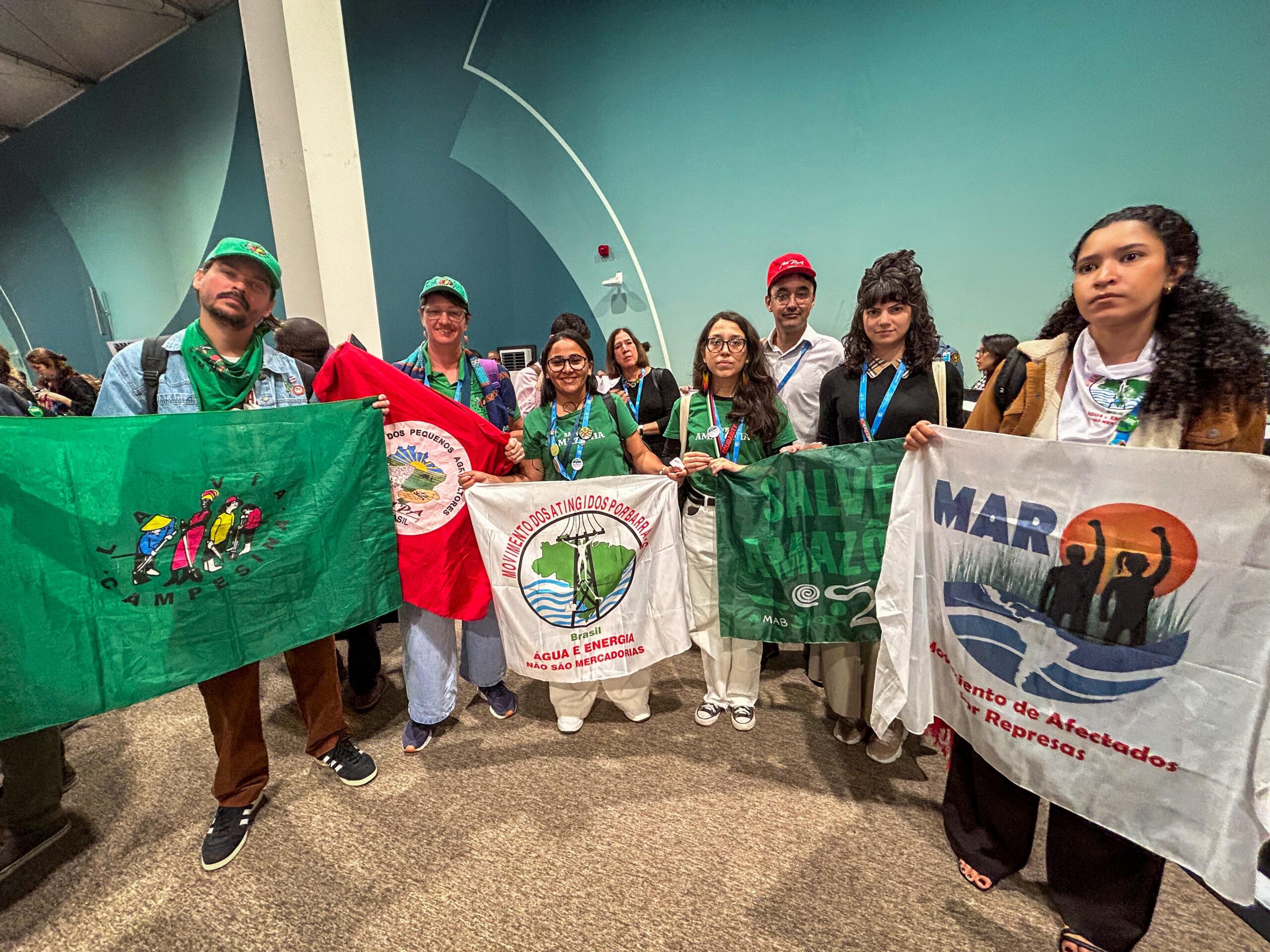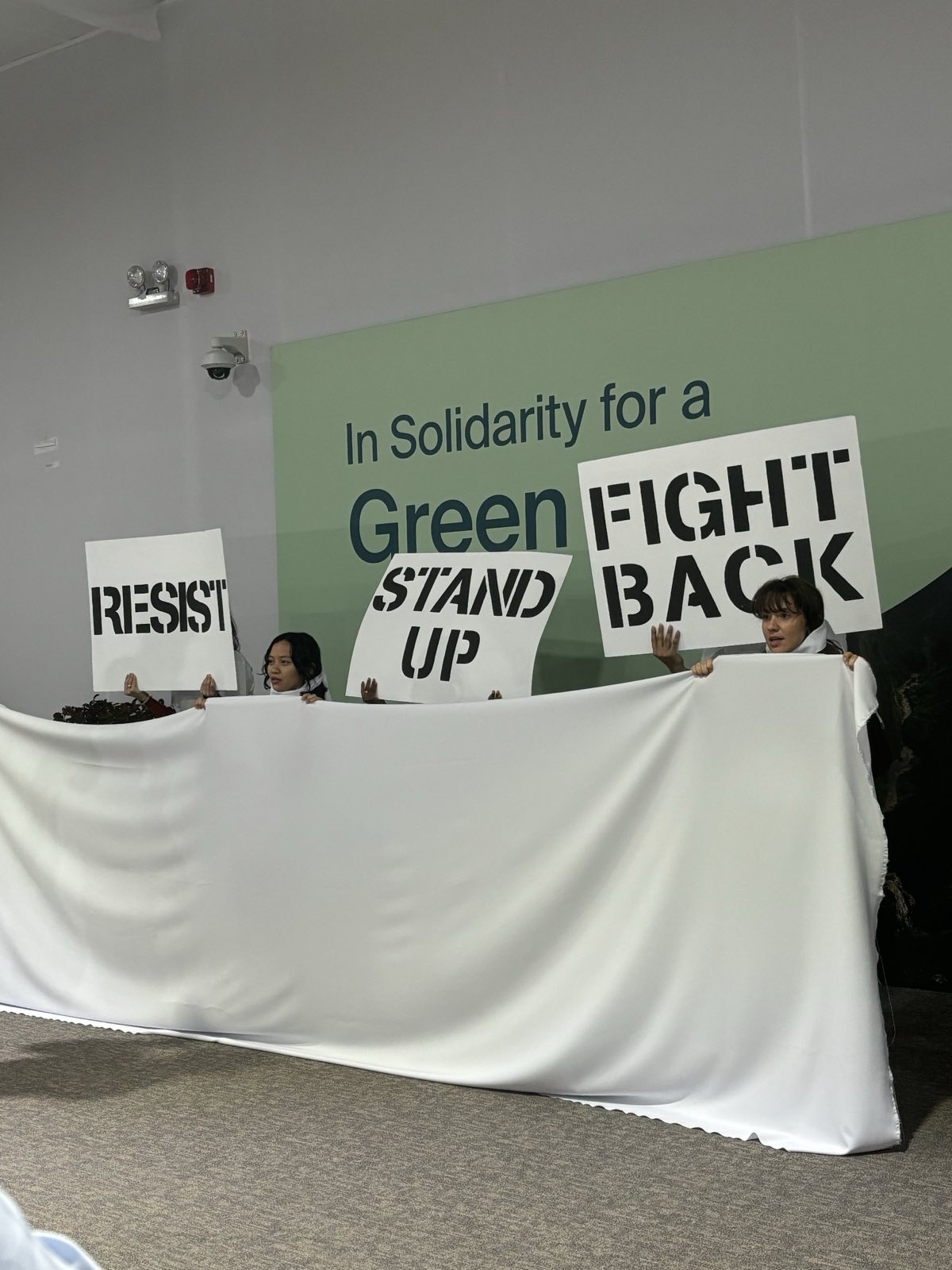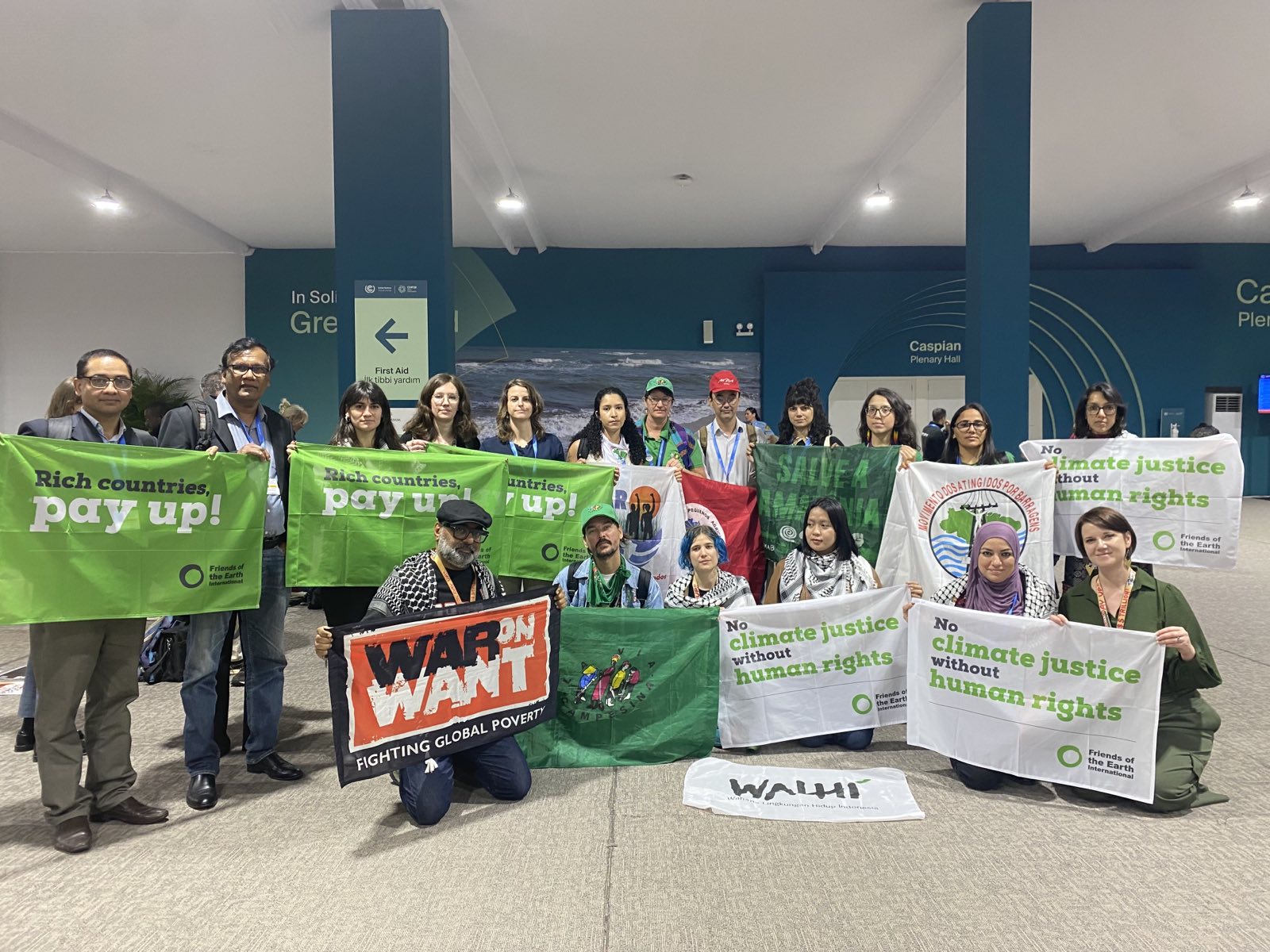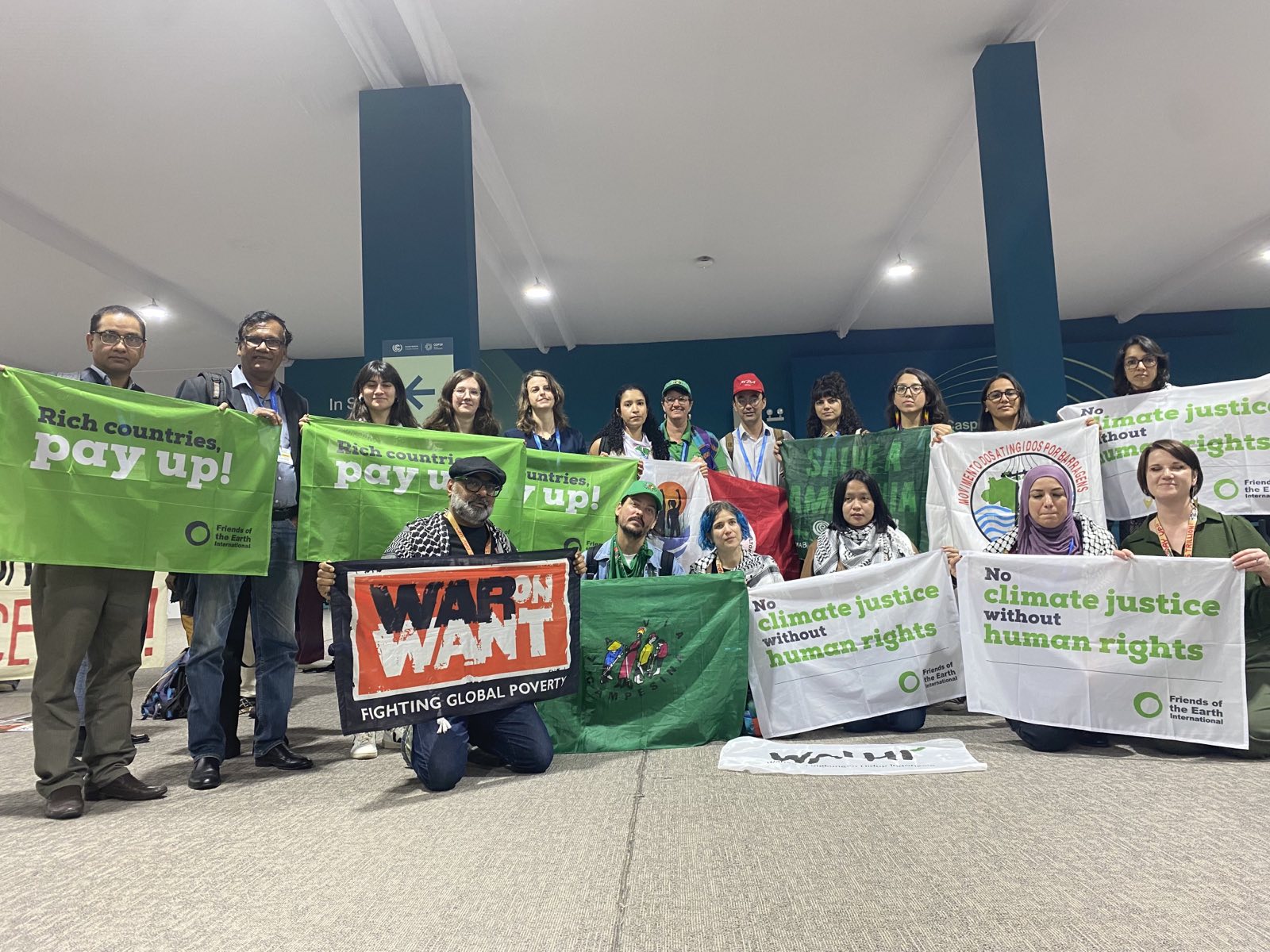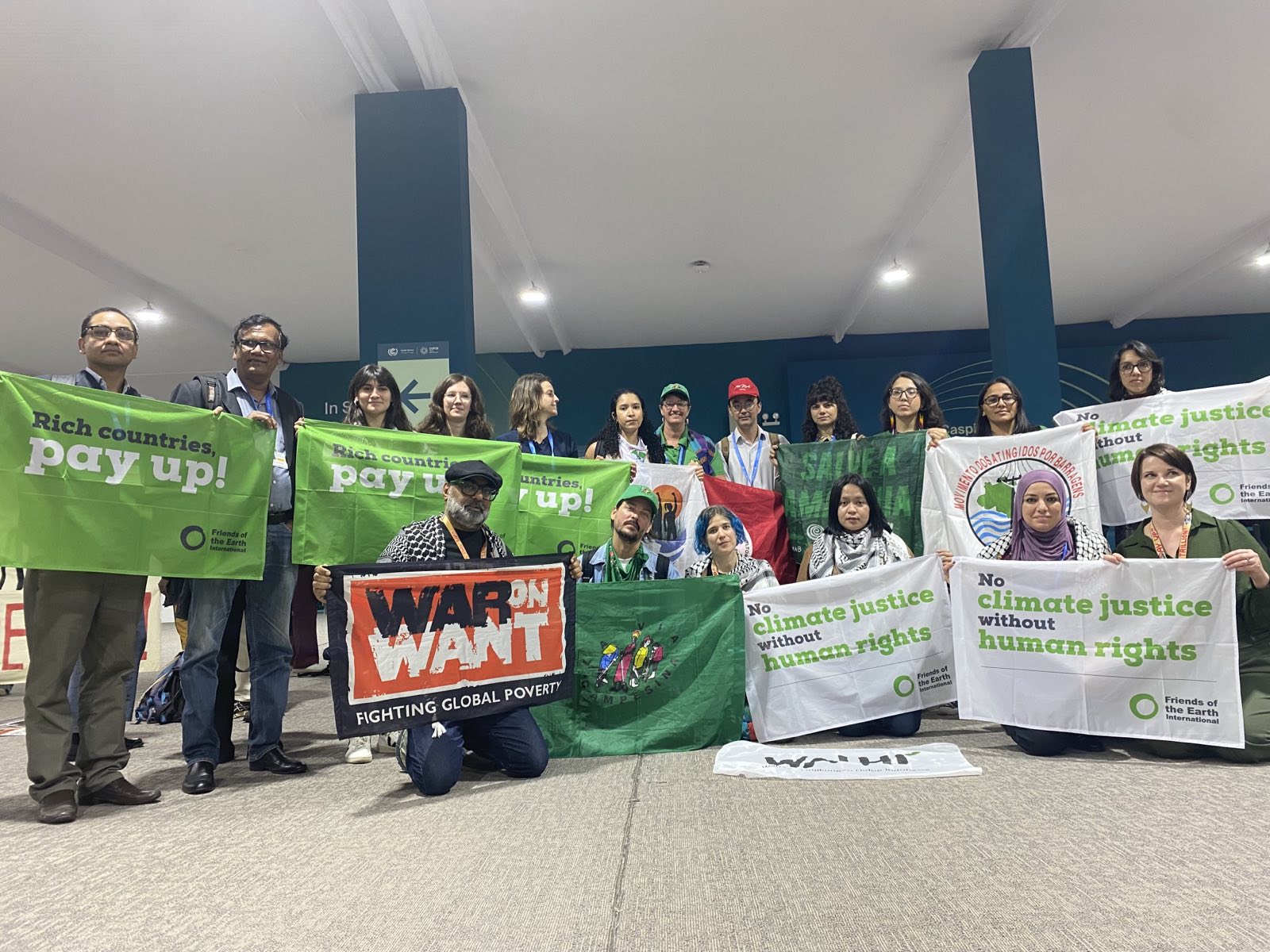What Global North Needs to do for a Climate Finance Breakthrough at Baku
The Global Campaign to Demand Climate Justice (DCJ) PRESS RELEASE:
BAKU, AZERBAIJAN, 15 NOV 24 – As we get closer to wrapping up the first week at COP29, governments from 200 countries are gathered to forge new agreements for climate finance as well as to advance on last year’s decision to transition away from fossil fuels for a just and equitable solution aimed at limiting warming to 1.5C. Yet, the Global North countries are once again sewing distrust during climate talks as civil society groups from the region are calling them to account for reneging on their legal responsibilities in the UNFCCC.
With President Biden’s term entering the final days, there are several policy choices that can be made to leave a legacy of making the United States the first and fastest to phase out fossil fuels. The rich countries, led by the US, can also deliver an ambitious New Collective Quantified Goal (NCQG) matching the demands from the Global South countries for the urgent delivery of finance and technology.
“The White House has just three days left to pressure Ex-Im to agree to end fossil fuel support from export credit agencies at the OECD negotiations starting on Monday. This would shift $40 billion a year of funding from fossil fuel projects to renewables. It would be a Trump-proof plan to shift this money, this funding of fossil fuels. So it would really solidify the climate legacy of the Biden administration. So really, really pressuring the White House to take this action before it’s too late. And the second thing I would say is the most urgent before the Biden administration leaves office is rejecting all pending liquefied natural gas and fossil fuel permits.”
Jamie Minden, Zero Hour
“The global community would love the US to continue to participate in global affairs. We also have to recognize that this is not the 1950s or 1960s anymore. We’re in a different world where there are multiple polarities. There’s the rise of BRICS, the BRICS government, BRICS group. And so there’s a lot more flexibility that is approachable for many developing countries. And so we’re not as panicked as 10, 15 years ago. Of course they’re not fully fledged and ready to go, but it does give us the possibility for finding new sources of funds for our development issues and for pushing for greater reform of the World Bank, IMF and the World Trade System. And these are all part of the climate system. The IPCC, which is the authoritative scientific body for this convention, for the first time in its 30 years said that colonialism is a driver. of climate change and so we want to get rid of colonialism and imperialism in the global monetary and climate system. We see that occurring also in this space so we will deal with whatever we have to deal with because that’s how the world flows.”
Mariama Williams, Global Afro-Descendant Climate Justice Collaborative
“The North needs to do its fair share for the United States. That means four times the current Biden pledge of 50 percent to be 200 percent. That means 80 percent domestic emissions, 120 percent of international support, finance and technology. We can’t take up so much historical emission space in the atmosphere with our pollution that we have to help other countries mitigate. We’ve taken their space. We have to pay for it. You see these five trillion dollars pay up lanyards going around. That’s just a down payment on the climate debt as it’s called. So yeah, that’s how we get a breakthrough here in Baku.”
Victor Menotti, Global Campaign to Demand Climate Justice (DCJ)
Julian, DCJ, +306941437285, [email protected]
